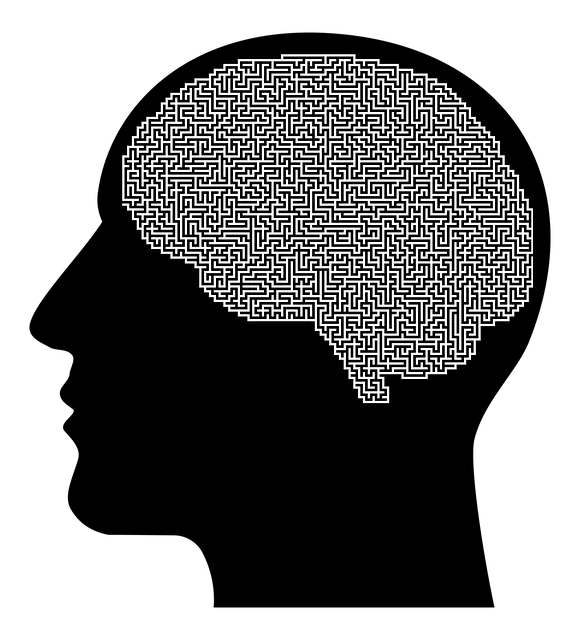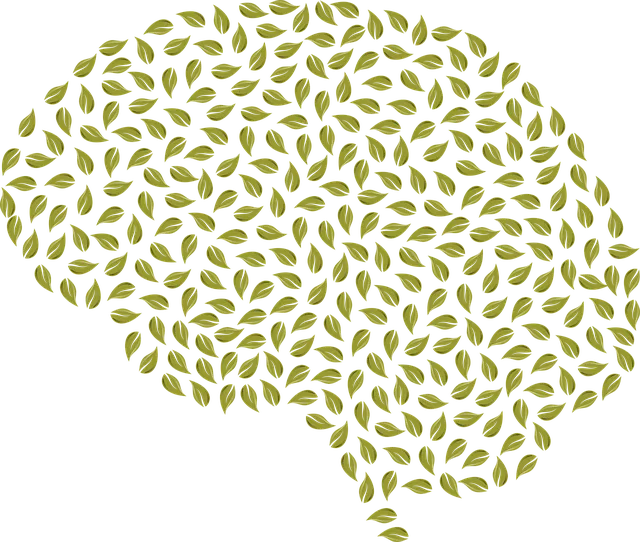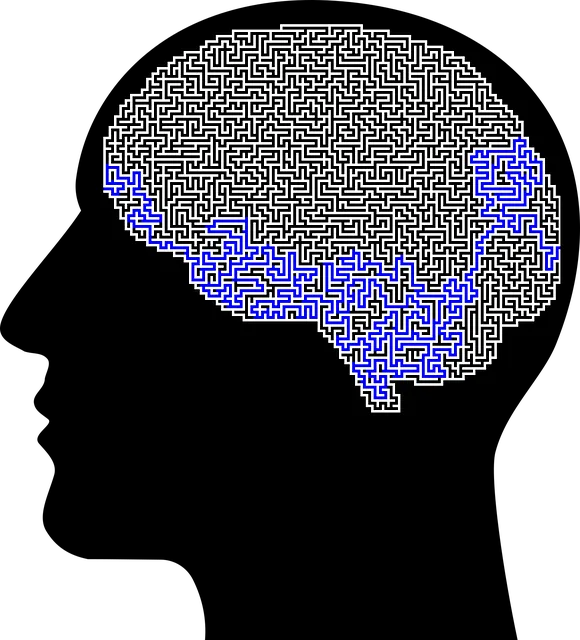Kaiser Permanente in Wheat Ridge leverages data analysis for innovative mental health care. By examining demographics, symptoms, treatment history, and self-assessments, they identify trends, correlations, and outliers guiding precise diagnoses and personalized treatments. Phone triage systems offer prompt initial assessments, while advanced statistical methods analyze patient records to predict risk factors, tailor interventions like Inner Strength and Self-Esteem programs, and develop data-driven strategies for continuous service improvement. This comprehensive approach, centered around the Kaiser Permanente psychiatry phone number in Wheat Ridge, revolutionizes mental health care through targeted support, community outreach, and improved well-being outcomes.
Mental health data analysis is a growing field, pivotal in understanding and addressing the complex landscape of psychiatric care. This article explores the intricate process of analyzing and interpreting mental health data, highlighting key players like Kaiser Permanente, known for its extensive psychiatry services, evident from their Wheat Ridge facility. We delve into innovative approaches, including phone triage systems, that streamline care management. By examining trends through advanced data techniques, healthcare professionals can inform treatment strategies and policy decisions, ultimately enhancing patient outcomes.
- Understanding Mental Health Data: A Comprehensive Overview
- The Role of Kaiser Permanente in Psychiatric Care and Research
- Phone Triage Systems: Efficient Management of Psychiatry Cases
- Data Analysis Techniques for Uncovering Mental Health Trends
- Interpreting Results: Informing Treatment Strategies and Policy Decisions
Understanding Mental Health Data: A Comprehensive Overview

Understanding Mental Health Data is a complex yet essential process that forms the backbone of effective treatment and care strategies. It involves meticulously analyzing various data points collected from patients, including demographics, clinical symptoms, treatment history, and self-reported assessments. This comprehensive overview allows mental health professionals to gain valuable insights into individual and population-level mental wellness trends. By leveraging advanced statistical methods, healthcare providers can identify patterns, correlations, and outliers that may indicate specific mental health issues or successful intervention strategies.
In the context of a prominent healthcare organization like Kaiser Permanente, located in Wheat Ridge, such data analysis plays a pivotal role in guiding clinical decisions. For instance, it enables psychiatrists and other mental health professionals to conduct risk assessments for patients, incorporating factors like family history, lifestyle choices, and self-care practices. This proactive approach not only enhances the accuracy of diagnoses but also facilitates personalized treatment plans that target emotional regulation and promote overall well-being.
The Role of Kaiser Permanente in Psychiatric Care and Research

Kaiser Permanente, a leading healthcare organization, has been at the forefront of psychiatric care and research in Wheat Ridge and beyond. With a comprehensive approach to mental health, they offer a wide range of services tailored to individual needs. Their dedicated team of professionals provides personalized treatment options, ensuring patients receive holistic care that addresses not just symptoms but also underlying causes. By integrating innovative practices and cutting-edge research, Kaiser Permanente is revolutionizing psychiatric care.
The organization’s commitment extends to raising awareness about mental health issues and promoting self-care practices such as stress reduction methods. They encourage individuals to prioritize their well-being by fostering self-esteem improvement and providing resources for those seeking support. Through various initiatives, Kaiser Permanente continues to make significant strides in improving access to quality psychiatric care, making a tangible impact on the lives of many.
Phone Triage Systems: Efficient Management of Psychiatry Cases

Phone triage systems have emerged as a powerful tool in the efficient management of psychiatry cases, particularly within healthcare organizations like Kaiser Permanente. By utilizing a dedicated psychiatric phone line, such as the one available at their Wheat Ridge facility, patients seeking mental health support can receive prompt and tailored assessments. Trained professionals evaluate symptoms, offering guidance and directing individuals to suitable resources or emergency care when needed. This proactive approach enhances accessibility to psychiatric services, ensuring that those in distress receive timely attention.
These systems not only streamline the initial triage process but also contribute to broader emotional well-being promotion techniques. By efficiently triaging cases, healthcare providers can allocate resources effectively, implement community outreach program initiatives, and focus on providing anxiety relief through appropriate interventions. This structured approach ultimately improves patient outcomes and fosters a more supportive mental health care environment.
Data Analysis Techniques for Uncovering Mental Health Trends

In the realm of mental health, data analysis plays a pivotal role in uncovering trends and insights that can shape effective treatment strategies. For instance, leveraging Kaiser Permanente psychiatry phone number Wheat Ridge resources, healthcare professionals employ advanced statistical methods to analyze patient records, survey responses, and clinical assessments. These techniques, such as regression analysis and clustering algorithms, help identify patterns within large datasets, enabling a deeper understanding of mental health issues across diverse populations.
Through sophisticated data mining and machine learning approaches, professionals can predict risk factors for various mental health disorders, inform personalized treatment plans, and even develop Empathy Building Strategies to enhance patient care. Moreover, by focusing on key indicators like changes in self-esteem over time, Risk Assessment for Mental Health Professionals becomes more precise, leading to improved outcomes. This data-driven approach not only ensures a more targeted and effective response but also fosters continuous improvement in mental health services, ultimately contributing to the well-being of individuals seeking support at Kaiser Permanente facilities.
Interpreting Results: Informing Treatment Strategies and Policy Decisions

When analyzing mental health data, interpreting the results is a critical step that directly informs treatment strategies and policy decisions. By delving into trends and patterns within the data, mental health professionals can identify areas of concern and tailor interventions accordingly. For instance, a Kaiser Permanente psychiatry phone number in Wheat Ridge might receive calls reflecting elevated rates of anxiety or depression among its population, prompting targeted programs focused on Inner Strength Development and Self-Esteem Improvement.
This data-driven approach ensures that resources are allocated effectively to address pressing mental health needs. Moreover, policy decisions guided by robust data analysis can lead to the development of more comprehensive and accessible Mental Wellness Coaching Programs, ultimately enhancing the overall well-being of communities.
Mental health data analysis is a powerful tool that can significantly impact patient care and policy decisions. As demonstrated by Kaiser Permanente’s initiatives in Wheat Ridge, combining advanced data techniques with expert interpretation can lead to more effective psychiatric treatments and improved outcomes. Phone triage systems further enhance this process, ensuring efficient management of cases and accessible care. By leveraging these strategies, mental health professionals can navigate complex trends, ultimately fostering a healthier and more supportive society.






